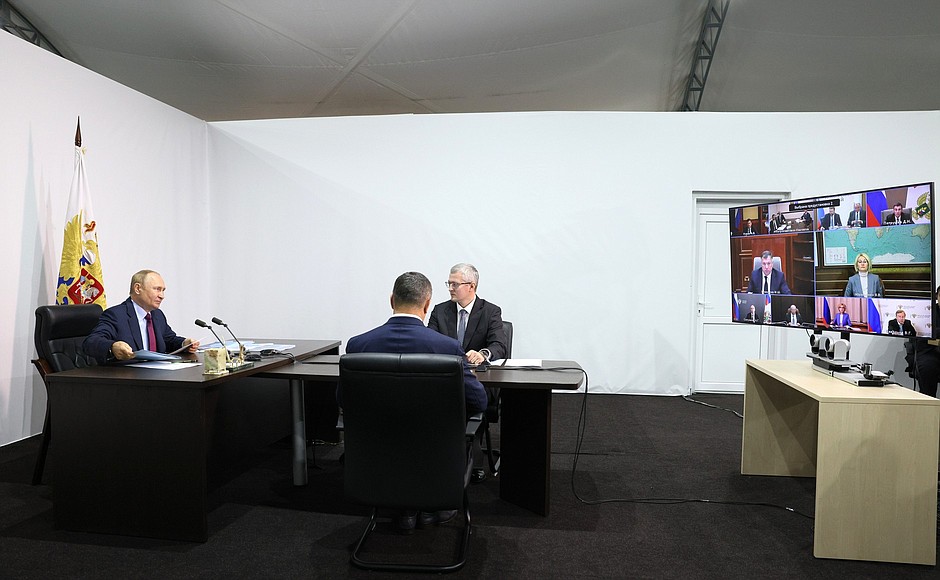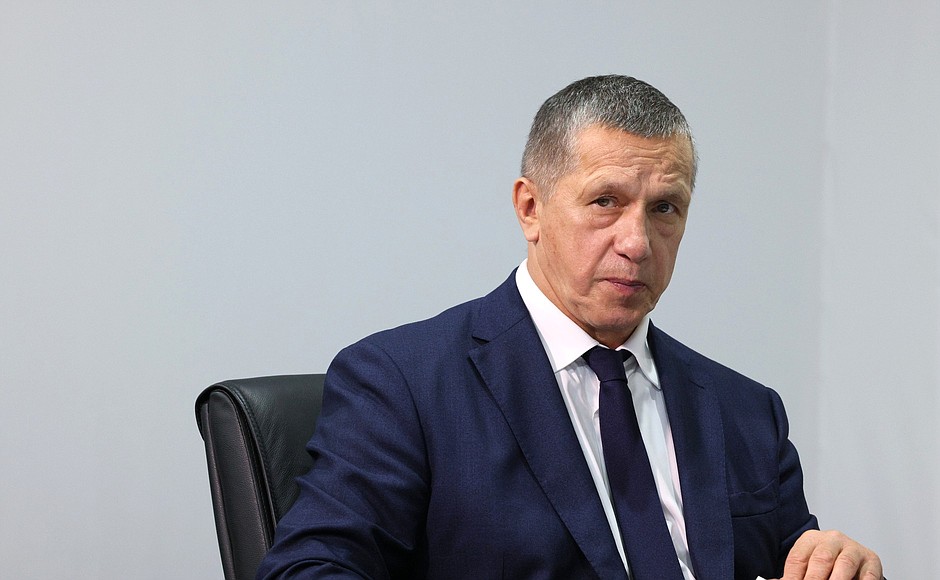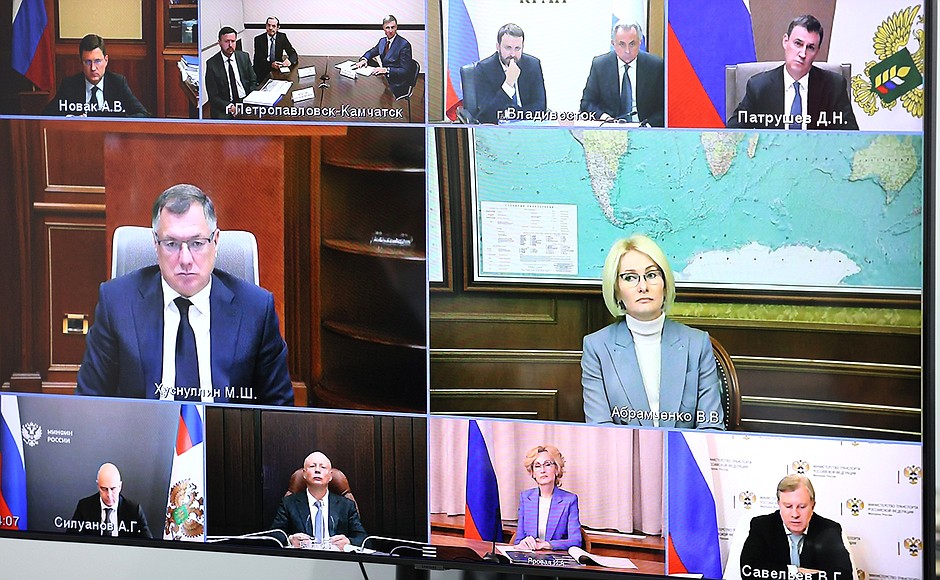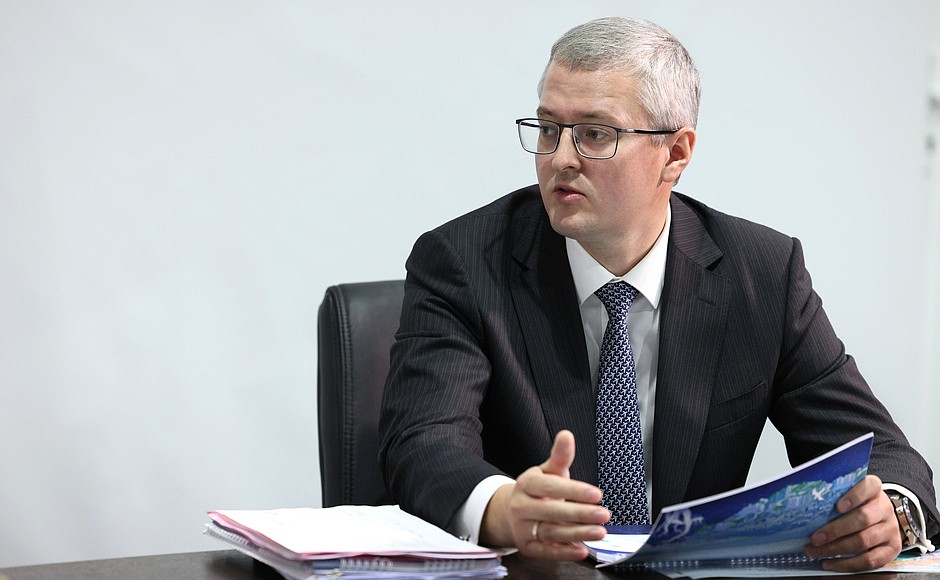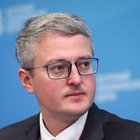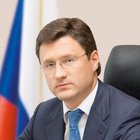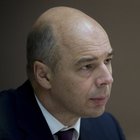Attendees included Deputy Prime Minister and Presidential Plenipotentiary Envoy to the Far Eastern Federal District Yury Trutnev, Kamchatka Territory Governor Vladimir Solodov, deputy prime ministers Viktoria Abramchenko, Alexander Novak and Marat Khusnullin, Deputy State Duma Speaker Irina Yarovaya, Presidential Aide Maxim Oreshkin, Minister of Agriculture Dmitry Patrushev, Minister of Transport Vitaly Savelyev, Minister of Finance Anton Siluanov and Minister for the Development of the Russian Far East and Arctic Alexei Chekunkov.
* * *
President of Russia Vladimir Putin: Good afternoon, colleagues.
During the 2021 Far Eastern Economic Forum, we discussed the need to draft strategic plans for the development of Far Eastern cities. We are talking about all the regional capitals of the Far East and cities with a population of at least 50,000.
Taking into consideration various acute problems that have accumulated, the list also includes Tynda and Severobaikalsk, which play a particularly important role in the operation of the Baikal-Amur Mainline and its subsequent development.
See also
In total, the large-scale renovation programmes should encompass 25 Far Eastern cities. It is important that we suggest a comprehensive and systemic approach to raising the quality of people’s lives in these territories, that we plan and build new residential areas and public spaces, healthcare, education, cultural and other social infrastructure facilities, that we resolve environmental problems and widely introduce ‘green’ technologies in this connection. And, of course, it is necessary to create long-term economic development guidelines for these communities, and high-quality jobs.
I would like to repeat that, instead of traditionally concentrating the population around industrial production facilities, transport facilities and enterprises, it is necessary to create a new environment for people’s lives that will, of course, prioritise people, their requirements and demands, and that will also encompass new initiatives. And, of course, as I have just said, we should not forget about new, modern and high-quality jobs.
In this regard, it is necessary to create development programmes for towns and cities in the Far East so that they are built on a dialogue with the people who live here, the residents, and consider their ideas in the most direct, proper way, with respect, because only in this way can we create such urban areas where people would want to live. Moreover, it is necessary to take into account not only the current problems of the citizens – a long-term view, a strategic vision of the territories’ development is particularly important in this work: they need to be made truly comfortable, desirable places to live and work.
I have just met with those who work on environmental issues, and you remember one of the girls, a young woman, said that she and her husband moved here from Moscow several years ago, and they cannot imagine living anywhere else. This is a very good example, and we need more of them, these kinds of examples, so that we can create conditions here that would attract people from all over the country. I am talking about the Far East in general.
I would like to point out that we have recently launched a whole range of territorial development tools, including infrastructure budget loans, subsidised bonds from DOM.RF, public transport upgrade programmes and much more. Colleagues from the Government who are here today, at our meeting now, know this very well, because in fact it was your proposals, colleagues, that we are trying to implement together.
All of these mechanisms, including the Far Eastern concession, need to be fully utilised in the future to implement the urban master plans. As I have already asked, the Government must define clear funding limits for these purposes.
At the moment, 23 draft strategic development plans for towns and cities in the Far East are ready, but they still need to be finalised, including through public discussion. In this context, I would like to thank the regional and city management teams, our respective development institutions, business and expert organisations, and the Far East and Arctic Development Corporation for getting actively involved in this work.
Today, we will assess its current results based on the example of the Petropavlovsk-Kamchatsky municipal district and discuss how we plan to change the urban environment and the economy here, what difficulties our colleagues on the ground are facing and what additional help and support is needed. It is extremely important that, I repeat, we do not have depopulation in these areas, but on the contrary, we have a population influx. For this to be the case, we need to create the conditions necessary for people to live.
Please, go ahead.
<…>
